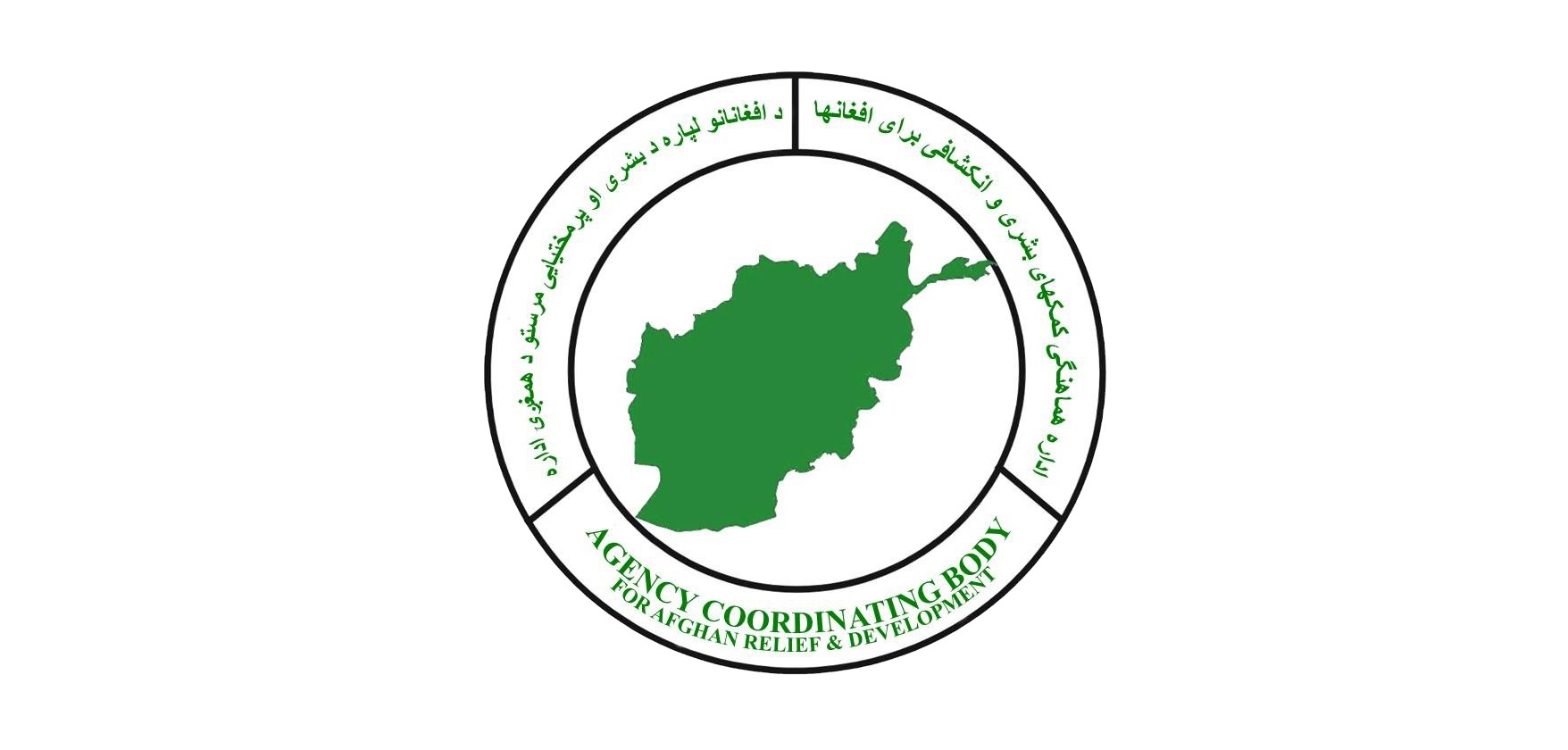
ACBAR Statement COP27
COP 27 - ACBAR Calls for Environment Funding for Afghanistan to Mitigate Climate Change and Build Resilience in Local Communities
Ali says that the drought has been creeping in slowly. For the past ten years, villagers have noticed water shortages, and these have further increased over the last three years. “It’s tough for all of us, but the most difficult part is watching our children go hungry,” he admits.
Afghanistan is one of the most climate impacted countries in Asia. More than 70% of the population is still reliant on agriculture for income generation and the country is facing a third year of drought, severe depletion of the water tables in urban areas and a gradual reduction of its glaciers. Years of increasing temperatures, reduced rainfall and population growth have resulted in heavy degradation of rangelands due to overstocking and deforestation. This has increased the risk of climate emergencies and associated natural disasters such as floods, landslides and avalanches. Flooding is the most frequent occurring natural hazard in Afghanistan. At least 21 out of 34 provinces in the country are vulnerable to floods and many provinces are both severely affected by floods in the spring and drought the rest of the year.
With 90% of the population living in poverty, food insecurity due to drought, environmental degradation and political instability has continued to cause displacement of families and communities to urban areas where they seek alternative livelihoods.
What can be done? In 2022, NGO members of ACBAR are working in 24 out of 34 provinces in climate-resilient activities and environment projects that benefit 1.3 million people. This includes training communities in climate-resilient livelihoods, community based early warning systems and practical measures for climate-related disaster risk prevention. NGOs are also building water channels, protection walls and dams with local communities to improve water storage for irrigation as well as flood control. Various actors are involved in improvement of managing rangelands, reforestation to retain soil and moisture absorption, plant trees and conserve biodiversity, disseminate green energy principles and tools, raise awareness and educate people about adaptation to climate change and maintaining their environment. This requires more funding as environment and resilience programmes are not prioritised in humanitarian aid and emergency relief efforts. Access to international climate funds has been minimal since the change in government in August 2021.
While large scale infrastructure programmes are needed, to control river basins and irrigation channels as well as to improve the quality of water in urban areas, small scale micro-projects are also needed to help communities keep water in the hillsides and reduce desertification.
COP27 is an opportunity for the international community to review its pledges to least developed countries, like Afghanistan, and provide long term funding for environment and climate-related disaster risk reduction programming.
“It is beyond the capacity of countries like Afghanistan to cope with the impacts of climate change on their own, yet the long-term challenges the climate crisis poses for Afghan communities are life-threatening. The international community must not forget countries like Afghanistan on the frontlines of this crisis. Urgent financing must be mobilised to help countries least capable of adapting to global warming”, (Guru Naik, Consortium Manager, Afghanistan Resilience Consortium and Deputy Director, Afghanaid).
ACBAR Contact: Information Officer: 0729129611

